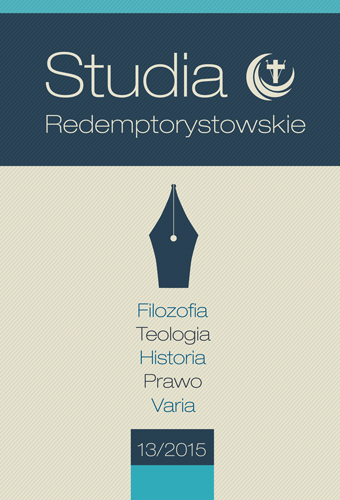Indigenous knowledge contra economism and the imperative of contemporary discourse of Africa’s development
Indigenous knowledge contra economism and the imperative of contemporary discourse of Africa’s development
Author(s): Felix O Olatunji, Cornelius AmaechiSubject(s): Economy, National Economy, Human Resources in Economy, Business Ethics
Published by: Warszawska Prowincja Redemptorystów
Keywords: development; culture; indigenous knowledge; values; economism
Summary/Abstract: The discourse of development has been one of the pre-occupations ofscholars for a long time now. This is so, because these scholars felt the urge tofashion out an appropriate model or paradigm for development. The searchfor a model that could best characterise development has prompted them tocanvass and/or put forward one paradigm or another. One approach, whichseems popular but by no means the only one and which derives from the insightsof the classical economists like Adam Smith, tend to see developmentin terms of measurable economic indexes especially wealth creation foundedon a competitive market forces. This is shown by the identification of developmentwith the capacity of the national economy to generate an annual increaseof its gross national product (GNP) by at least five or seven percent.Again, this is foisted on the optimism by some Euro-American scholars onthe supremacy of Western epistemology and values”. Thus development construedas economic developments, or economic growth, that is economism, itbecomes the sole business of economists, technologists, engineers, environmentalists,geologists, physicists, geographers, among others to the exclusionof such intellectual pursuits like philosophy and other humanities based disciplines.Perhaps, the contribution of the latter is minimal. But quite on thecontrary, the understanding of development in terms of economism is grosslyinadequate, given the “complex nature of the human society and culture”. Inthe essay, we argue that the success story of Africa’s development lies in constructingand evolving “indigenous African knowledge and values”.
Journal: Studia Redemptorystowskie
- Issue Year: 2015
- Issue No: 13
- Page Range: 511-522
- Page Count: 12
- Language: English

